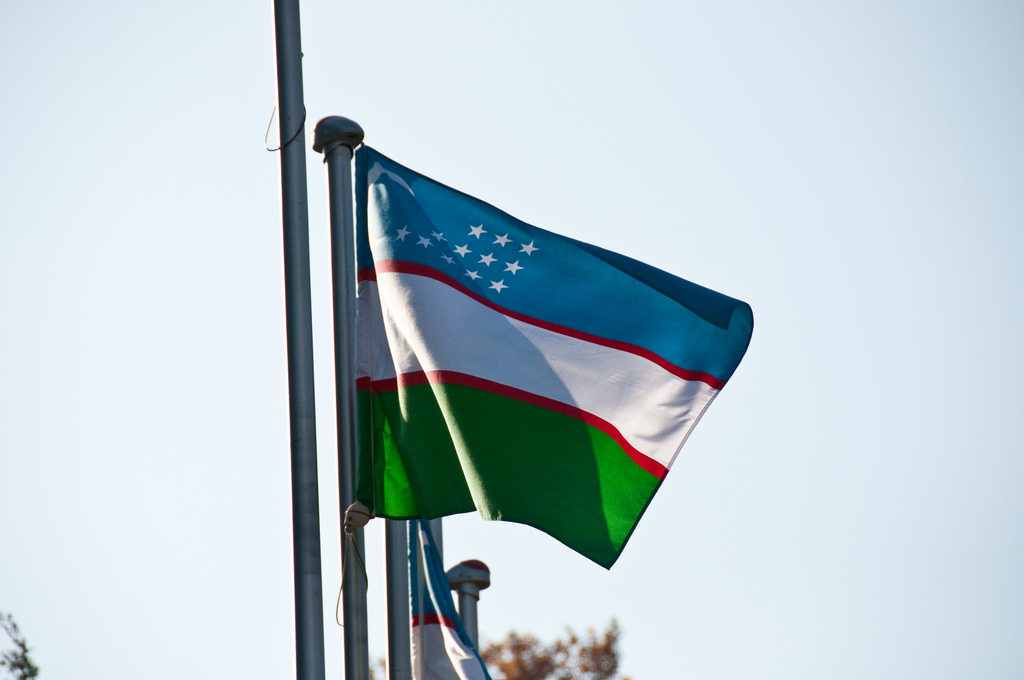ANALYSIS-Gay man's murder raises questions over Uzbek human rights reforms

- Country:
- Uzbekistan
The murder of a gay man in Uzbekistan has cast the spotlight on the treatment of LGBT+ people in the country and raised questions over government reforms aimed at attracting foreign investment, human rights activists have said.
Shokir Shavkatov, 25, was stabbed to death inside his flat in the Central Asian nation's capital earlier this month in an attack that LGBT+ activists say bore the hallmarks of a hate crime. The victim had come out on social media just days earlier, according to local media - a rare step in the country where gay sex between men is a crime that carries a potential jail sentence of up to three years.
Police have said the motive for the killing has yet to be determined. A 28-year-old man who police say connected with the victim online and met him at his apartment has been charged with murder. It is the latest in a long line of violent acts that have left LGBT+ people in the country fearing for their lives and coincides with reports - which police deny - of a series of raids targeting gay men.
"Right now it is open season on LGBT people in Uzbekistan and it is of paramount importance that the government sends out a message of tolerance," said Steve Swerdlow, a senior researcher on Central Asia at Human Rights Watch (HRW).
FORCED UNDERGROUND
Uzbekistan and neighboring Turkmenistan are the only former Soviet states to have kept in place the Communist-era ban on male homosexual relationships. Campaigners say the ban has forced gay people underground, exposing them to homophobic attacks, and made victims fearful of report crimes to police out of fear they could be outed.
Videos showing gangs beating and humiliating men perceived as gay have emerged on social media in recent years, including one in which a young man is forced to strip naked and sit on a glass bottle, LGBT+ activists say. "The LGBT community in the country lives completely in the shadows, in fear of disclosure," a gay activist in the country told the Thomson Reuters Foundation by email, speaking on condition of anonymity.
"Guys who go out on a meeting risk being killed, robbed, beaten, blackmailed, defrauded and detained". A 2017 U.S. government report on human rights noted LGBT+ people complained that law enforcement officers would use the threat of arrest or prosecution to extract heavy bribes from gay men.
Uzbek authorities did not respond to a request for comment.
MORE RIGHTS, FOR SOME
Shavkatov's murder coincided with a push to improve human rights in Uzbekistan as it seeks to establish closer ties with the West and attract badly needed foreign investment. President Shavkat Mirziyoyev, whose predecessor Islam Karimov was widely criticized for his record on civil liberties, has re-engaged with human rights bodies and overseen the release of political prisoners.
Last year, the government said it would implement hundreds of human rights recommendations from a United Nations council, but made a point of refusing to decriminalize homosexuality, which it called irrelevant to Uzbek society. HRW's Swerdlow said Shavkatov's killing raised the cost of authorities' inaction on LGBT+ issues and could undermine government efforts to improve the country's image abroad.
"(It sends) a terrible message to the business community, who cannot do business in Uzbekistan if their own staff would be subjected to this kind of lawlessness when it comes to matters of private family life," he said. Uzbek LGBT+ campaigners said they hoped the government would recognize that decriminalizing homosexuality could improve its reputation around the world.
"Hopefully the government will see a benefit in it," said Anvar Latipov, a 33-year-old Uzbek activist based in the United States. "But so far, the messages we are getting ... show us the opposite."
(This story has not been edited by Devdiscourse staff and is auto-generated from a syndicated feed.)
ALSO READ
CORRECTED-Musk says a great wrong is being done to Tesla staff, customers -Fox News
Australia to go to polls on May 3; inflation, housing shortage major issues
UPDATE 2-Trump targets WilmerHale in latest White House action against law firms
UPDATE 1-US Attorney General Bondi tells Fox News many judges need to be removed
South Korea hopes to use break in weather to contain deadly wildfires










